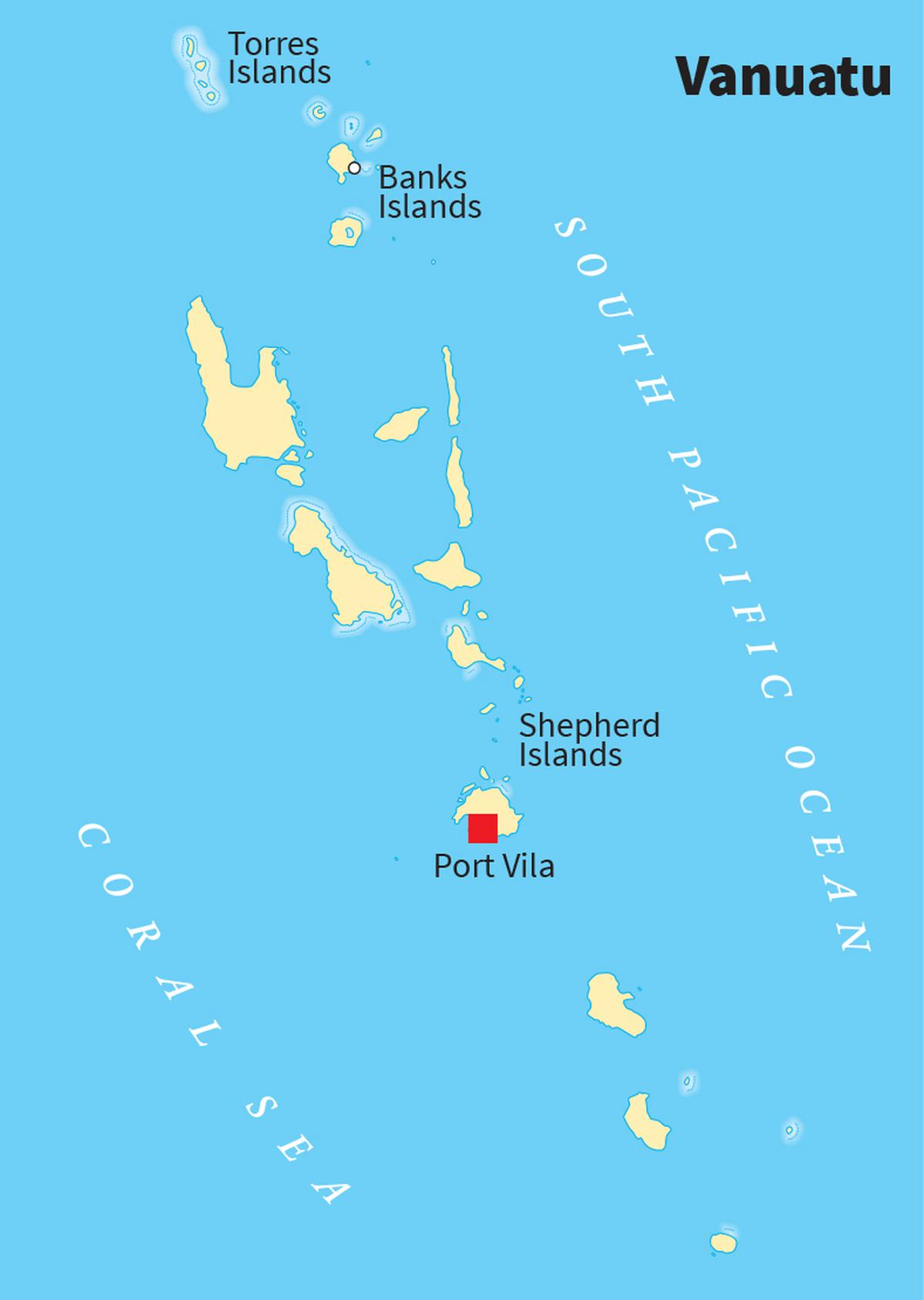Biodiversity & Environment
International Court of Justice and Climate Change
- 07 Apr 2023
- 6 min read
For Prelims: UNFCCC, UNGA, Paris Agreement, UNCLOS, NDC, Global Warming, ICJ.
For mains: International Court of Justice and Climate Change.
Why in News?
The United Nations General Assembly (UNGA) has asked the International Court of Justice (ICJ) by passing a Resolution to give its opinion on countries’ obligations towards Climate Change based on the U.N. Framework Convention for Climate Change (UNFCCC).
- The resolution was pushed through by one of the smallest countries in the world, the Pacific Island of Vanuatu, an island that was devastated in 2015 by the effects of Cyclone Pam, believed to have been spurred by climate change, that wiped out 95% of its crops and affected two-thirds of its population.
What does the Resolution Seek?
- The UNGA asked the ICJ to answer two questions,
- What are the obligations of states under international law to ensure the protection of the climate system for present and future generations?
- What are the legal consequences under these obligations for states where they, by their acts and omissions, have caused significant harm to the climate system, particularly for Small Island Developing States (SIDS) and for people who are harmed.
- The resolution refers to international agreements like the Paris Agreement and the United Nations Convention on the Law of the Sea (UNCLOS).
- The ICJ will take around 18 months to give its opinion.
What is India’s Position?
- India has not taken a clear stance on the UN resolution, but it generally supports climate justice and accountability for Global Warming.
- The Indian government has referred the resolution to legal authorities to assess its implications and international ramifications.
- India has updated its NDC (Nationally Determined Contributions) commitments and plans to source half its electricity from renewable sources by 2030, but it did not co-sponsor the draft resolution.
- India is closely watching how major powers like the U.S. and China respond to the resolution, as their support is crucial for its implementation.
- India has emphasized that the ICJ process can only address climate change issues broadly and cannot name or profile any one country, also stressing that any attempt to impose an opinion in a "top-down" manner would be resisted.
Is the Advisory Opinion of the ICJ Binding?
- The advisory opinion of the ICJ would not be legally binding as a judgment, but it would carry legal weight and moral authority.
- It could provide important clarification on international environmental laws and streamline the process for issues related to climate finance, climate justice, and the loss and damages fund at the COP process.
- Past advisory opinions given by the ICJ, such as those on the Palestinian issue and the dispute between the U.K. and Mauritius over the Chagos Islands, have been respected.
What is the United Nations Framework Convention on Climate Change?
- UNFCCC was signed in 1992 at the United Nations Conference on Environment and Development also known as the Earth Summit, the Rido Summit or the Rio Conference.
- India is among the select few countries to have hosted the COP of all three Rio conventions on climate change (UNFCCC), biodiversity (CBD) and land (United Nations Convention to Combat Desertification).
- The UNFCCC entered into force in 1994 and has been ratified by 197 countries.
- It is the parent treaty of the 2015 Paris Agreement. It is also the parent treaty of the 1997 Kyoto Protocol.
- The UNFCCC secretariat (UN Climate Change) is the United Nations entity tasked with supporting the global response to the threat of climate change. It is located in Bonn, Germany.
- Its objective is to achieve stabilisation of greenhouse gas concentrations in the atmosphere at a level that would prevent dangerous repercussions within a time frame so as to allow ecosystems to adapt naturally and enable sustainable development.
UPSC Civil Services Examination, Previous Year Question (PYQ)
Prelims
Q. “Momentum for Change: Climate Neutral Now” is an initiative launched by (2018)
(a) The Intergovernmental Panel on Climate Change
(b) The UNEP Secretariat
(c) The UNFCCC Secretariat
(d) The World Meteorological Organisation
Ans: (c)
- “Momentum for Change: Climate Neutral Now”, is an initiative launched by the UNFCCC secretariat in 2015.
- The initiative is a pillar under Momentum for Change which seeks to achieve climate neutrality.
- Climate neutrality is a three step process, which requires individuals, companies and governments to measure their climate footprint; reduce their emissions as much as possible and offset what they cannot reduce with UN certified emission reductions.
- Therefore, option (c) is the correct answer.
Mains
Q. Describe the major outcomes of the 26th session of the Conference of the Parties (COP) to the United Nations Framework Convention on Climate Change (UNFCCC). What are the commitments made by India in this conference? (2021)





